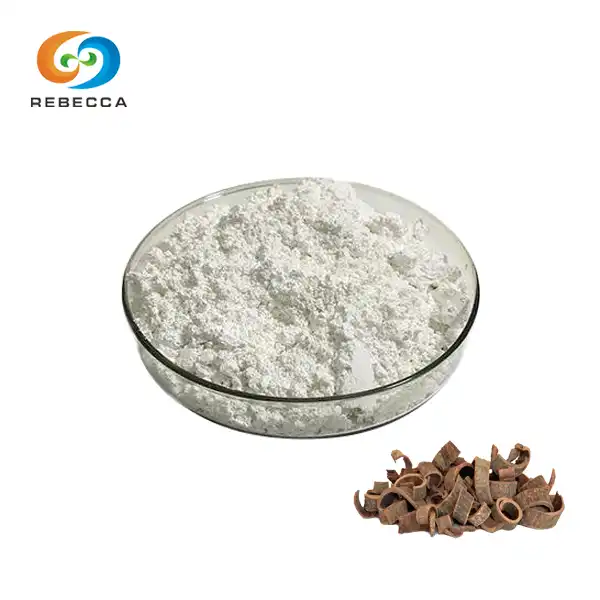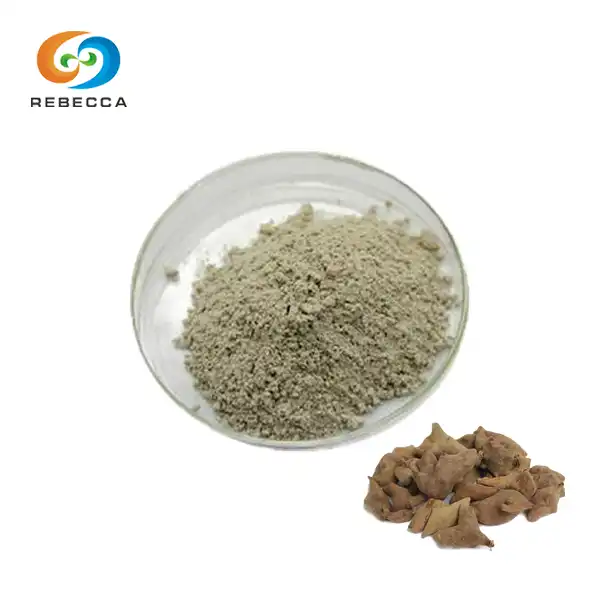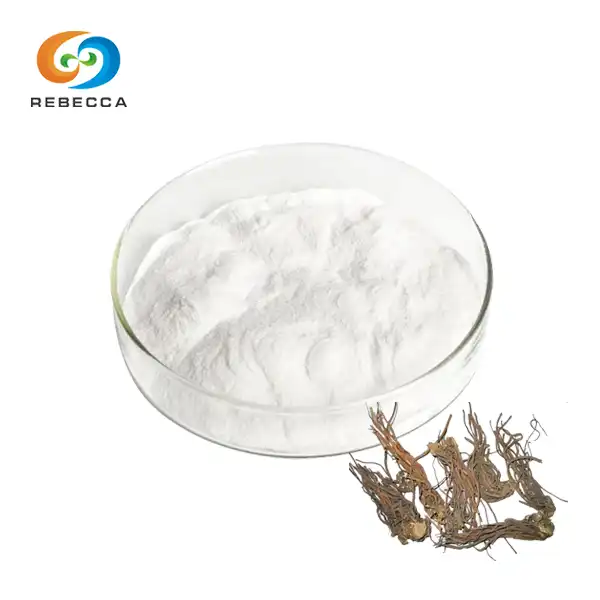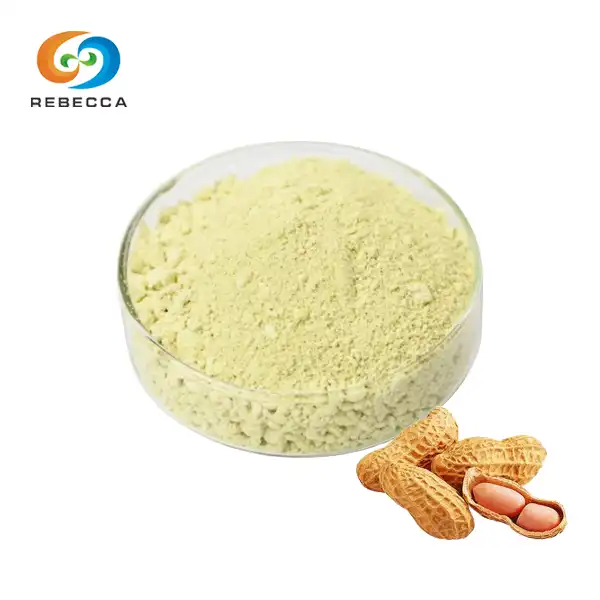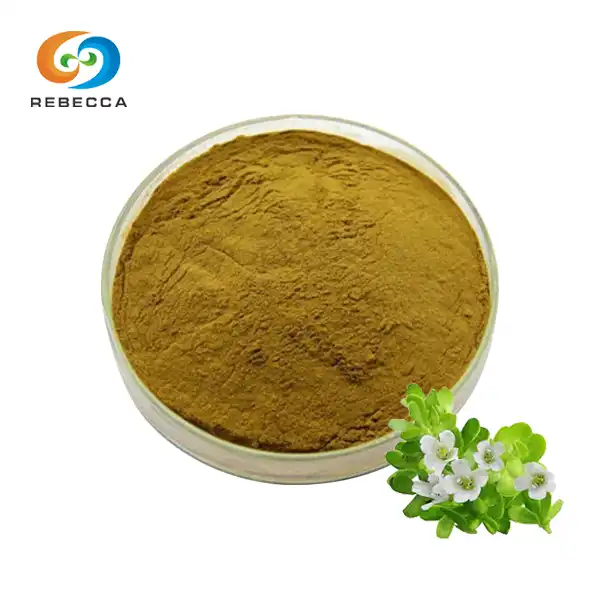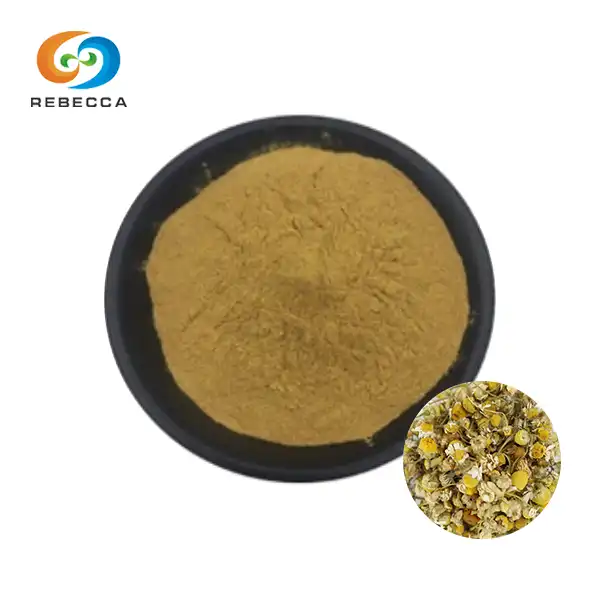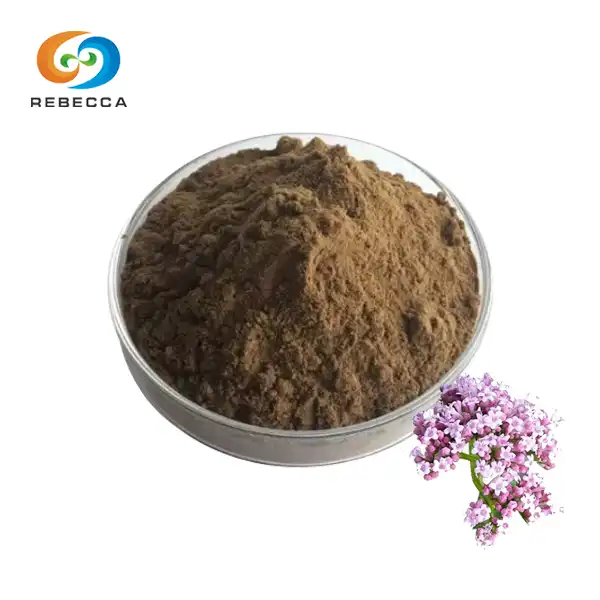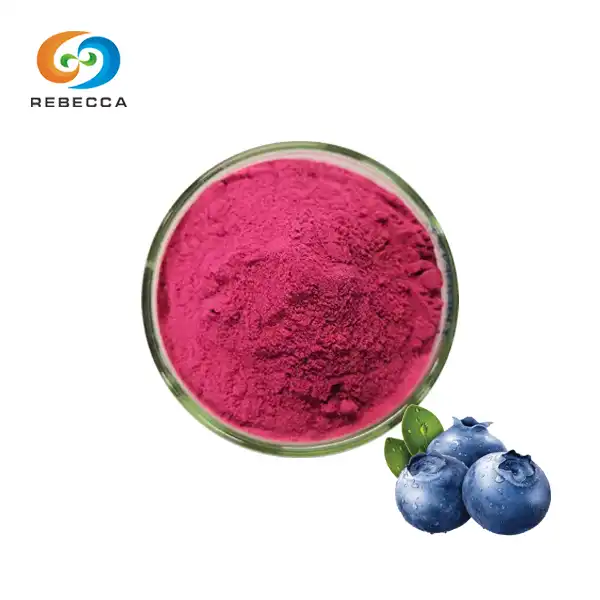Alpha Lipoic Acid For Neuropathy
Neuropathy, a debilitating condition affecting millions worldwide, has long been a challenge for both patients and healthcare providers. In recent years, alpha lipoic acid has emerged as a promising treatment option, offering hope to those suffering from this painful nerve disorder. This powerful antioxidant, naturally produced in the body and found in certain foods, has shown remarkable potential in addressing the symptoms and underlying causes of neuropathy. Let's delve into how alpha lipoic acid can be a game-changer for neuropathy patients.
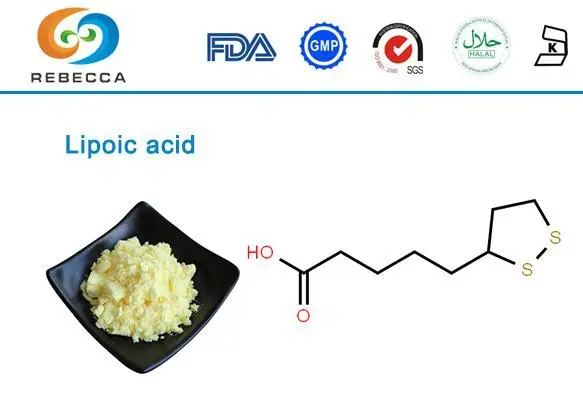
How does alpha lipoic acid improve neuropathy?
Alpha lipoic acid, also known as ALA, is a unique antioxidant that possesses both water-soluble and fat-soluble properties. This characteristic allows it to penetrate various tissues in the body, including nerve cells, making it particularly effective in combating neuropathy. The mechanism by which alpha lipoic acid improves neuropathy involves several key actions:
- Oxidative stress reduction: Neuropathy often results from oxidative damage to nerve cells. its potent antioxidant properties help neutralize harmful free radicals, protecting nerve cells from further damage and promoting healing.
- Enhanced blood flow: ALA has been shown to improve blood circulation, particularly in small blood vessels. This increased blood flow ensures that nerve cells receive adequate oxygen and nutrients, supporting their function and repair.
- Nerve regeneration: Some studies suggest that alpha lipoic acid may stimulate the growth and regeneration of nerve fibers, potentially reversing some of the damage caused by neuropathy.
- Glucose metabolism improvement: In cases of diabetic neuropathy, alpha lipoic acid helps improve insulin sensitivity and glucose uptake, addressing one of the root causes of nerve damage in diabetes.
- Inflammation reduction: Chronic inflammation often accompanies neuropathy. ALA has anti-inflammatory properties that can help alleviate this underlying issue.
These multifaceted actions of alpha lipoic acid powder make it a compelling option for neuropathy treatment, addressing both the symptoms and underlying causes of the condition.

Clinical Research Support
The efficacy of alpha lipoic acid in treating neuropathy is not just theoretical. Numerous clinical studies have demonstrated its benefits, particularly in cases of diabetic neuropathy. Here are some notable findings from research:
- A meta-analysis published in the European Journal of Endocrinology examined 15 randomized controlled trials involving over 1,400 patients with diabetic neuropathy. The results showed that alpha lipoic acid treatment significantly improved symptoms such as pain, numbness, and burning sensations.
- A study in the journal Diabetes Care found that intravenous alpha lipoic acid administered for three weeks led to a significant reduction in neuropathic symptoms compared to placebo. The improvements were maintained for at least six months after treatment.
- Research published in Diabetologia demonstrated that oral supplementation with alpha lipoic acid for four years slowed the progression of neuropathy in patients with type 2 diabetes.
- A randomized controlled trial in the Netherlands Journal of Medicine showed that alpha lipoic acid improved nerve conduction velocity in patients with diabetic neuropathy, indicating a potential for nerve regeneration.
While much of the research has focused on diabetic neuropathy, there is growing evidence to suggest that alpha lipoic acid may be beneficial for other forms of neuropathy as well. These include chemotherapy-induced peripheral neuropathy, HIV-associated neuropathy, and idiopathic neuropathy.
It's important to note that while these results are promising, more extensive long-term studies are needed to fully understand the potential of alpha lipoic acid in treating various forms of neuropathy.
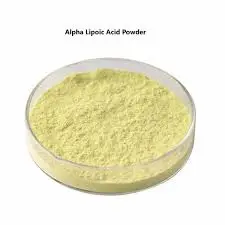
How to use alpha lipoic acid to treat neuropathy?
If you're considering using alpha lipoic acid for neuropathy, it's crucial to approach it correctly. Here are some guidelines on how to use ALA effectively:
- Dosage: The optimal dosage of α-lipoic acid powder for neuropathy can vary depending on the individual and the severity of the condition. Most studies have used doses ranging from 600 to 1,800 mg per day. It's generally recommended to start with a lower dose and gradually increase it under medical supervision.
- Form of administration: It is available in various forms, including oral supplements, intravenous injections, and topical creams. Oral supplements are the most common and accessible form for long-term use. Intravenous administration may be more effective for short-term, intensive treatment but requires medical supervision.
- Timing: It is best absorbed when taken on an empty stomach, about 30 minutes before meals. However, some people may experience stomach upset when taking it this way and may need to take it with food.
- Duration of treatment: its effects on neuropathy are typically not immediate. Many studies have shown benefits after 3-5 weeks of consistent use, with improvements continuing over several months. Long-term use may be necessary to maintain the benefits.
- Combination with other treatments: It can be used alongside other treatments for neuropathy, such as pain medications or physical therapy. However, it's important to consult with a healthcare provider before combining treatments to avoid potential interactions.
It's worth noting that while alpha lipoic acid is generally considered safe, it can interact with certain medications and may not be suitable for everyone. Potential side effects, although rare, can include nausea, stomach upset, and skin rash. As with any supplement, it's crucial to consult with a healthcare professional before starting alpha lipoic acid treatment for neuropathy.
The R-Lipoic Acid Capsules form of alpha lipoic acid is considered to be more bioavailable and potentially more effective than the racemic mixture commonly found in supplements. If you're considering using alpha lipoic acid for neuropathy, look for products that specifically contain R-lipoic acid for potentially better results.
In conclusion, alpha lipoic acid presents a promising avenue for neuropathy treatment. Its multifaceted approach to addressing nerve damage, combined with a growing body of clinical evidence, makes it a valuable option for those suffering from this challenging condition. As research continues to unfold, we may discover even more ways in which this powerful antioxidant can benefit neuropathy patients.
If you're interested in exploring high-quality alpha lipoic acid products for neuropathy treatment, don't hesitate to reach out to us at information@sxrebecca.com. Our team at Rebecca Bio-Tech is committed to providing premium products and can assist you with any questions or custom requirements you may have.
References:
- Ziegler D, et al. Alpha-lipoic acid in the treatment of diabetic peripheral and cardiac autonomic neuropathy. Diabetes Care. 1997;20(3):369-373.
- Mijnhout GS, et al. Alpha lipoic acid for symptomatic peripheral neuropathy in patients with diabetes: a meta-analysis of randomized controlled trials. Int J Endocrinol. 2012;2012:456279.
- Ziegler D, et al. Oral treatment with α-lipoic acid improves symptomatic diabetic polyneuropathy: the SYDNEY 2 trial. Diabetes Care. 2006;29(11):2365-2370.
- Reljanovic M, et al. Treatment of diabetic polyneuropathy with the antioxidant thioctic acid (alpha-lipoic acid): a two year multicenter randomized double-blind placebo-controlled trial (ALADIN II). Alpha Lipoic Acid in Diabetic Neuropathy. Free Radic Res. 1999;31(3):171-179.
- Bertolotto F, Massone A. Combination of alpha lipoic acid and superoxide dismutase leads to physiological and symptomatic improvements in diabetic neuropathy. Drugs R D. 2012;12(1):29-34.
